
Gen Z Is Here — Is Your Talent Strategy Ready?
The workplace is evolving, and so is the definition of talent. Gen Z is not just entering the workforce—they are reshaping it. In the world of music and talent management, their impact is already visible. If your talent strategy doesn’t align with their values, you risk falling behind.
This generation brings a new set of expectations and priorities. They value authenticity over perfection, inclusivity over hierarchy, and purpose over profit. Your talent strategy needs to reflect these shifts if you want to stay relevant in events and entertainment.
Why Your Talent Strategy Needs a Gen Z Update
Understanding Gen Z: A Game Changer in Events and Music
Gen Z brings fresh energy to music, events, and entertainment. They value authenticity, purpose, and creativity. Traditional hiring approaches do not excite them. A talent strategy that resonates with their mindset must include flexibility, inclusion, and meaningful engagement.
In events and talent management, Gen Z artists, singers, and creators are leading a revolution. They want to collaborate, co-create, and connect. They aren’t just performers; they’re storytellers, influencers, and change-makers. This generation thrives on platforms where their voices are heard and their impact is visible.
They also gravitate toward socially-conscious brands. They want their work to mean something. Integrating purpose-driven initiatives into your music and event strategy can help attract and retain top Gen Z talent.
Rethinking Recruitment in Your Talent Strategy
A modern talent strategy for Gen Z should start with recruitment. Ditch the outdated job posts. Focus on visual storytelling, brand purpose, and inclusive language. Use platforms Gen Z loves—like TikTok and Instagram—to attract young singers and performers.
Make the application process quick and engaging. Long forms and outdated portals drive them away. Smart, mobile-first application systems are essential for a smooth user experience.
Consider using short video submissions instead of cover letters. Create challenges or contests to engage potential hires. These methods turn recruitment into a creative opportunity, not a chore.
Building Gen Z-Friendly Talent Pipelines
Your talent strategy must include robust talent pipelines. This involves more than collecting resumes. Engage early through campus gigs, virtual events, and open mic sessions. These real-time interactions allow you to spot emerging singers and performers.
Offer mentorship programs. Gen Z appreciates guidance from experienced professionals in the music and events industry. It helps them grow and feel connected.
You can also host virtual workshops and skill-building sessions. These activities show your commitment to growth and development, which is a key motivator for Gen Z.
Culture and Communication: Key Drivers of Talent Strategy
A strong workplace culture keeps Gen Z interested. They care about mental health, diversity, and values. Transparent communication and genuine support are non-negotiable.
Create a culture where feedback flows both ways. Encourage young artists to express themselves freely. Highlight your company’s values across events and campaigns.
Use inclusive language, diverse representation, and open forums for feedback. Culture is no longer a buzzword—it’s your brand’s identity.
Music and Talent Management with Purpose
Gen Z supports brands that align with their values. Use your talent strategy to showcase purpose-driven work. Host benefit concerts, environmental campaigns, or community-driven music events.
When artists see meaning in your projects, they stay longer. It also helps position your brand as a socially responsible leader in music and talent management.
Talent today is looking for companies that make a difference. Your talent strategy should not only reflect what you do but why you do it.
Talent Strategy in the Age of Social Media
Gen Z lives online. Your talent strategy should, too. Build digital portfolios for new singers. Streamline communication through social platforms. Promote upcoming music events using short videos and reels.
Social media is not just a tool for visibility—it’s a recruiting and engagement platform. Celebrate your talent’s milestones online. Create hashtag campaigns to build excitement and encourage interaction.
Encourage user-generated content. Let your team and talent tell their stories. This builds trust and amplifies your brand voice.
Retaining Gen Z Talent in Events and Music
Retention is often overlooked in talent strategy. Gen Z needs continuous learning, variety, and purpose. Offer creative freedom and personalized development plans.
Encourage them to lead mini-projects in music events. Give them ownership and trust. This boosts confidence and builds long-term loyalty.
Host feedback sessions and check-ins. Build career paths that allow them to explore different roles within your organization. Retention starts with respect.
Events That Attract and Nurture Talent
Plan music events that reflect Gen Z’s interests. Include virtual access, interactive performances, and behind-the-scenes content. Invite artists to co-create events, not just perform.
Use event spaces to connect and engage with young singers. These platforms double as recruitment channels. Your next star might be in the crowd.
Offer real-time engagement tools, such as live chats or polls, during events. This makes them feel seen and heard—which is exactly what they want.
Optimizing Your Talent Strategy for Flexibility
Remote work, hybrid gigs, and freelance roles matter. Gen Z wants options. A rigid system won’t hold their interest. Your talent strategy must reflect flexibility.
Offer contracts that support gig-based work. Encourage digital nomads to join your music and talent network. It’s about working smart, not just working hard.
Let talent choose their work style and schedule when possible. This autonomy increases productivity and satisfaction.
Measuring the Success of Your Talent Strategy
How do you know your talent strategy is working? Track metrics that matter—engagement rates, retention levels, and artist satisfaction. Use feedback loops.
Ask your talent what they need. Then act on it. Keep adapting. The talent landscape will keep shifting, and so should your strategy.
You can also use performance reviews, survey tools, and sentiment analysis. Regular evaluation helps refine your strategy.
Aligning Brand Identity with Talent Strategy
Gen Z loves consistency. Align your talent strategy with your brand’s voice. If your events are bold and edgy, your hiring process should reflect that.
Design interviews that feel more like jam sessions than boardroom meetings. Let your brand’s tone shine through.
Create branded touchpoints throughout the talent journey—from recruitment to onboarding to event participation. A consistent experience builds trust.
The Future of Talent Strategy Is Human
At its core, talent strategy is about people. Gen Z wants to be heard, seen, and valued. Humanize your approach. Listen, adapt, and empower.
Let technology assist, not replace, your strategy. Automation is useful, but relationships build loyalty.
Show appreciation often. Celebrate wins. Be open and transparent. A human-first strategy will always win.
Final Notes: Gen Z Will Lead the Way
If your talent strategy is not Gen Z-ready, now is the time to act. Start small—review your language, tweak your processes, and engage more on social media.
Bring your team together to refresh your goals. In music and events, your talent is your brand. And your brand must be future-ready.
Understand that adapting your strategy isn’t a one-time fix. It’s a continuous process of learning and evolving.
The live event industry, especially music and concerts, was among the worst-hit sectors during the C
When you’re planning an event in 2025 whether it’s a wedding, a corporate get-together, or a
Planning a wedding or corporate event requires careful attention to entertainment. Live bands in Ind




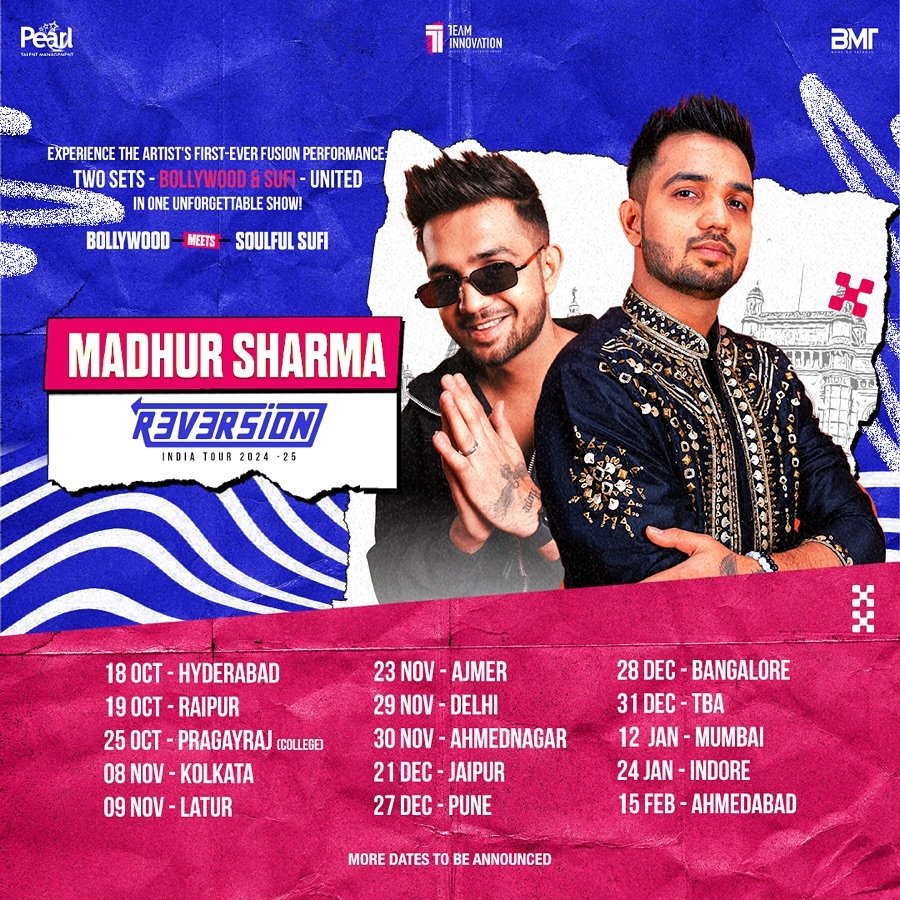
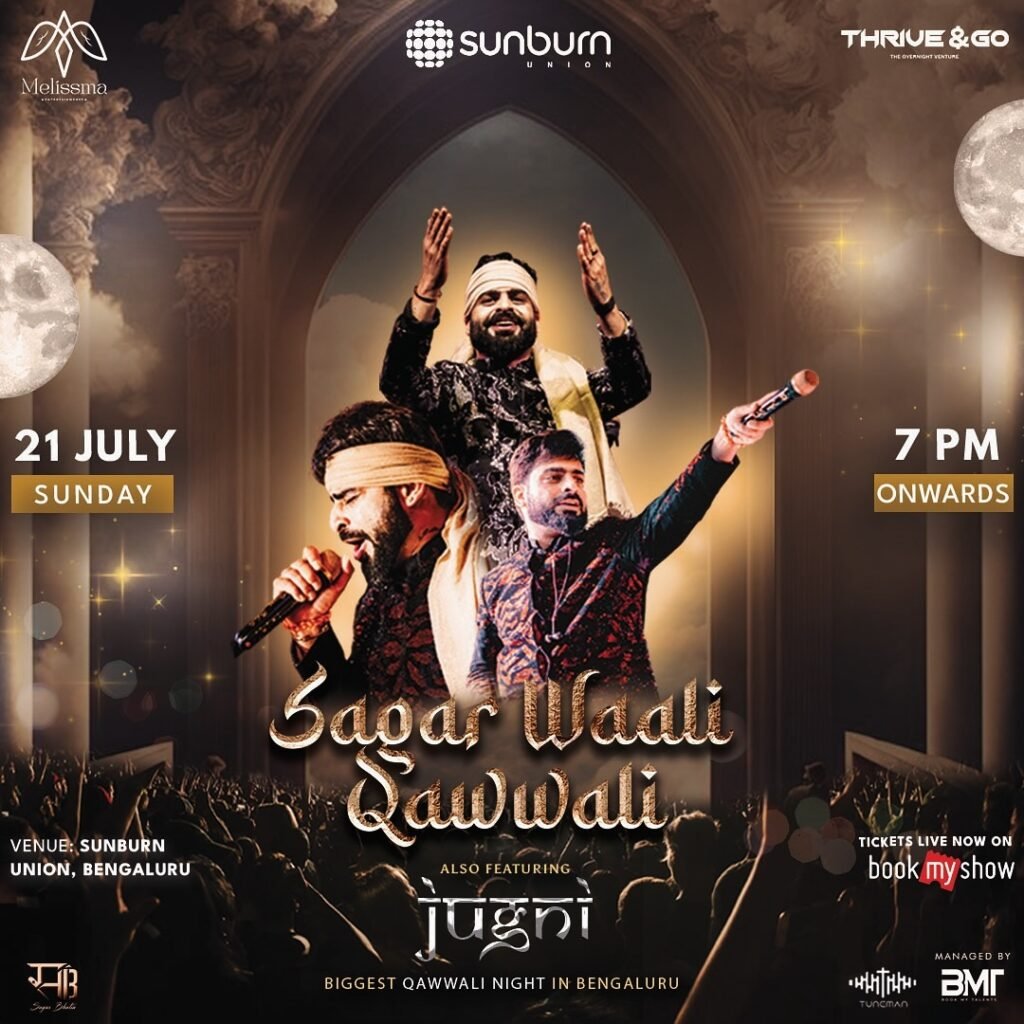
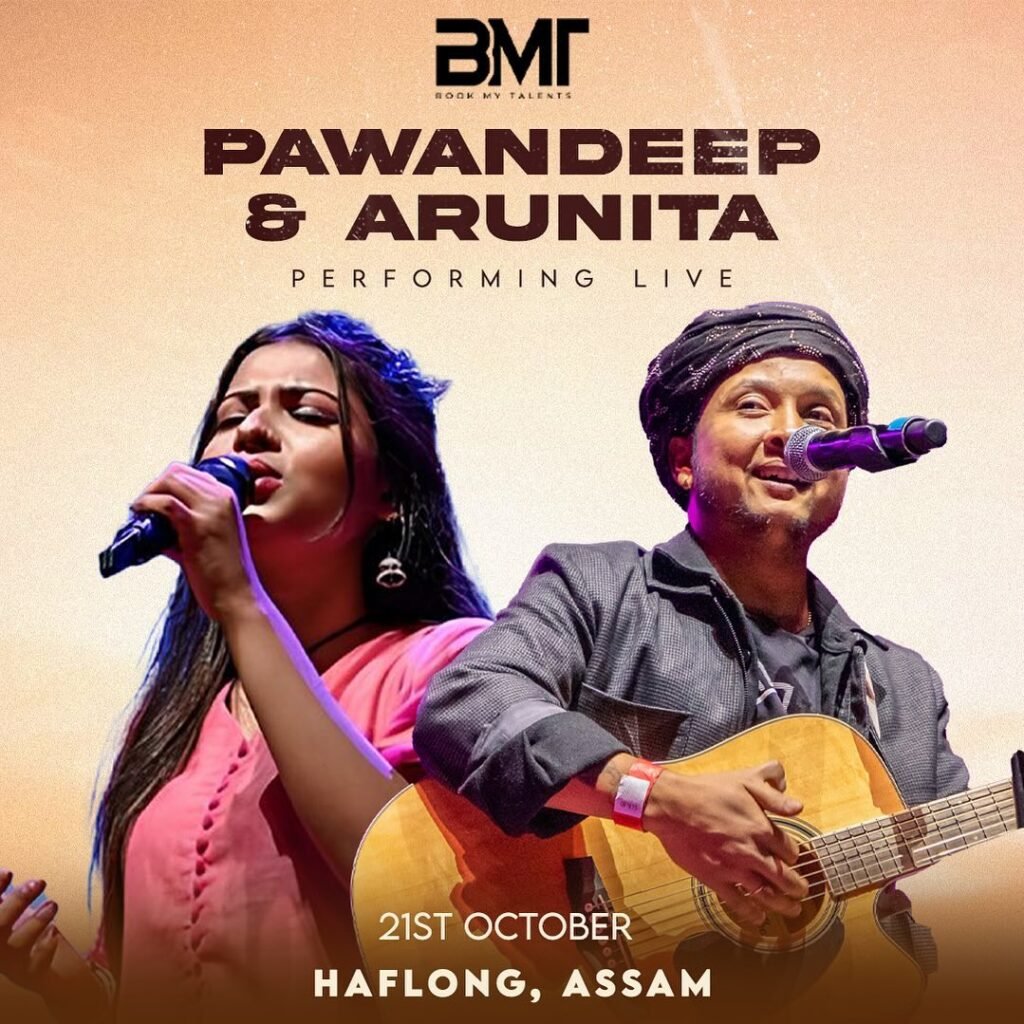
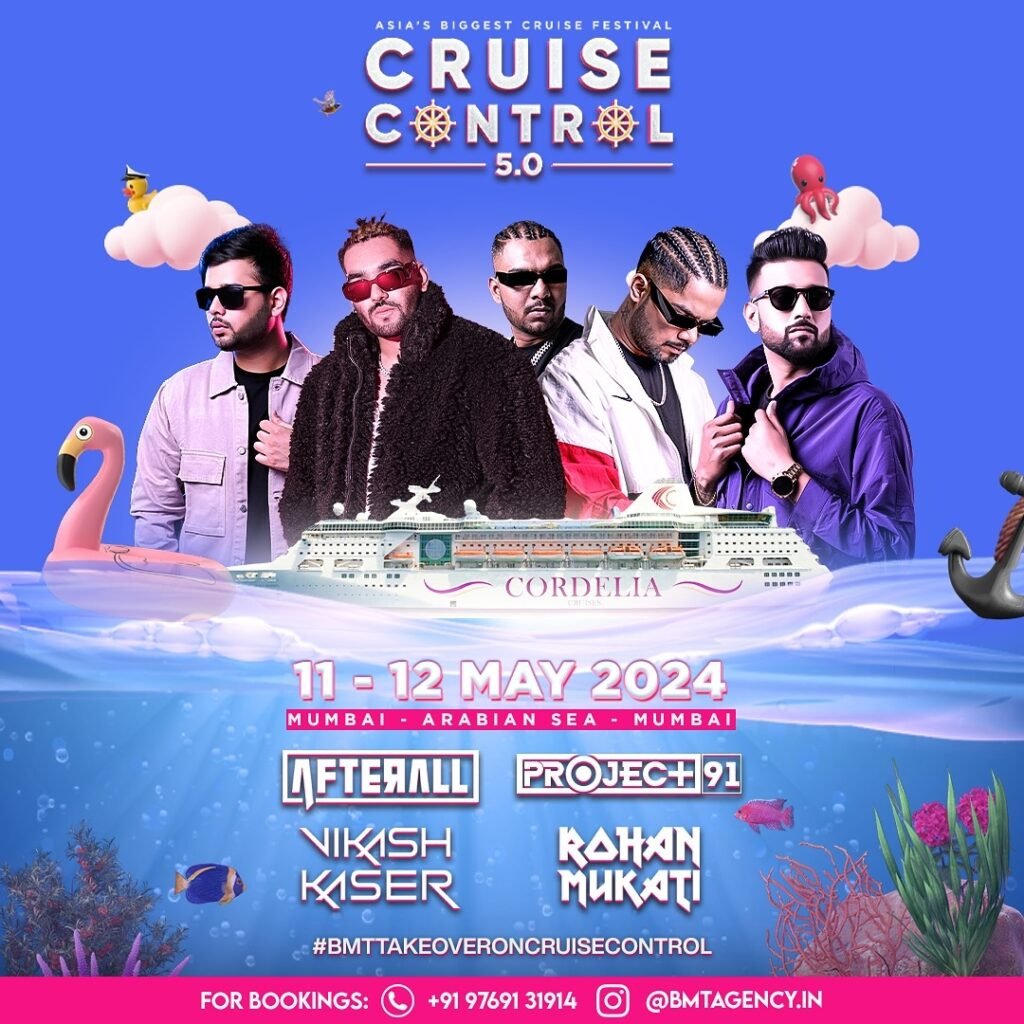
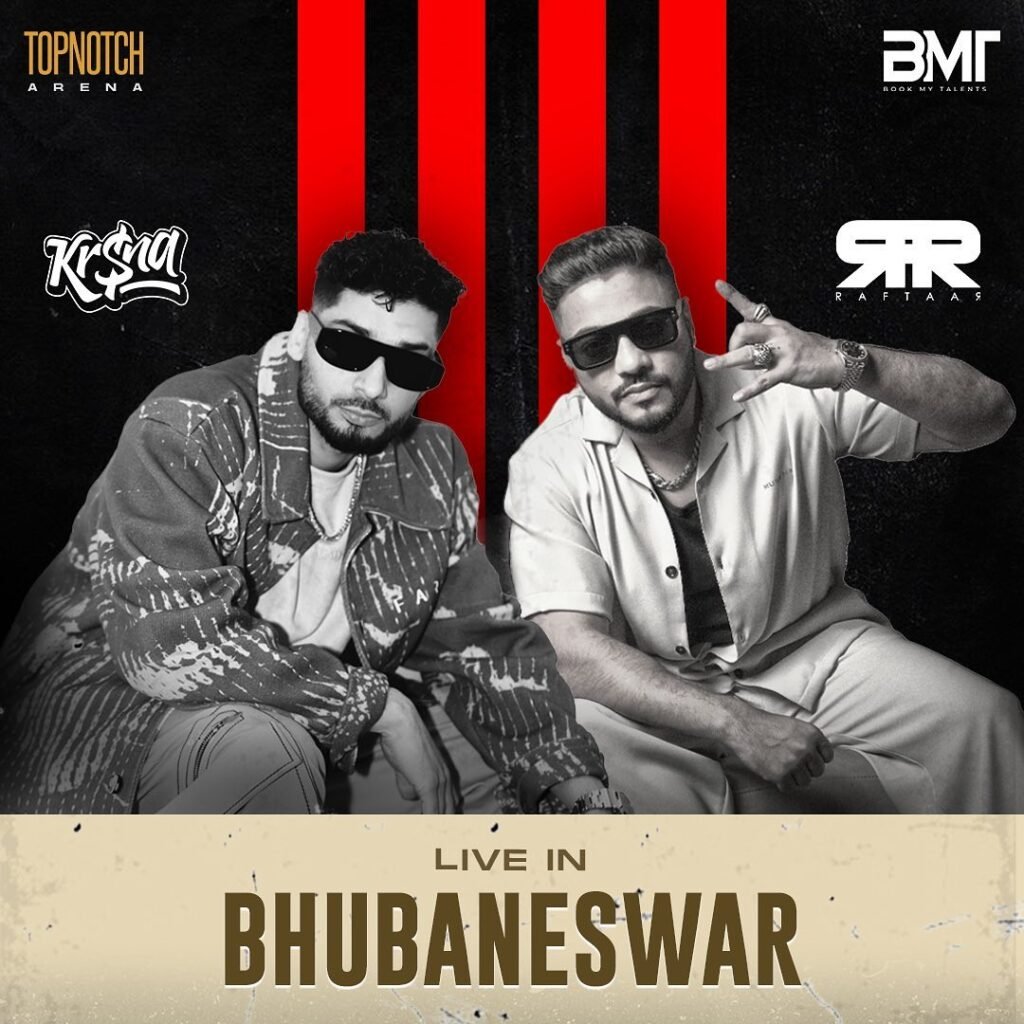
Leave a Reply